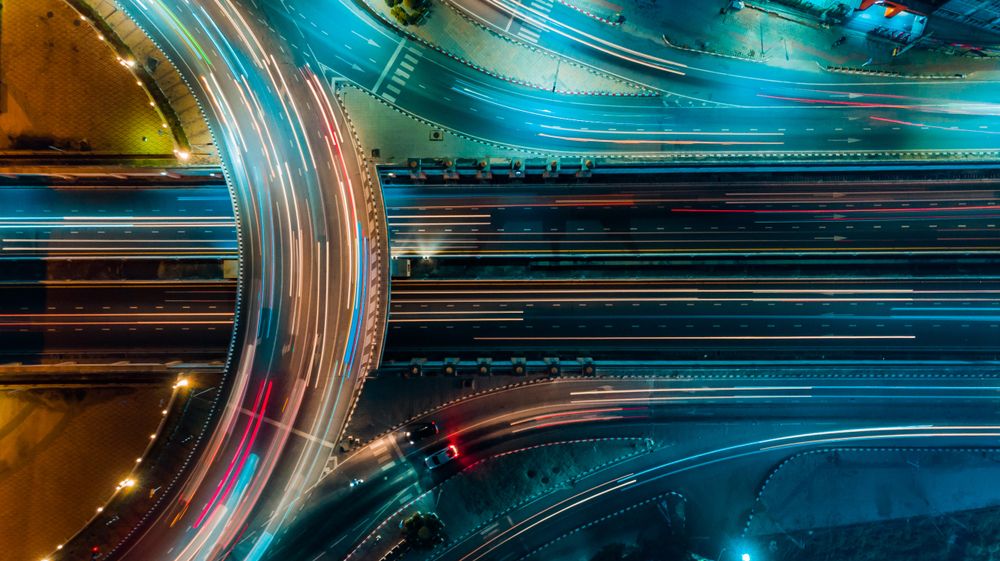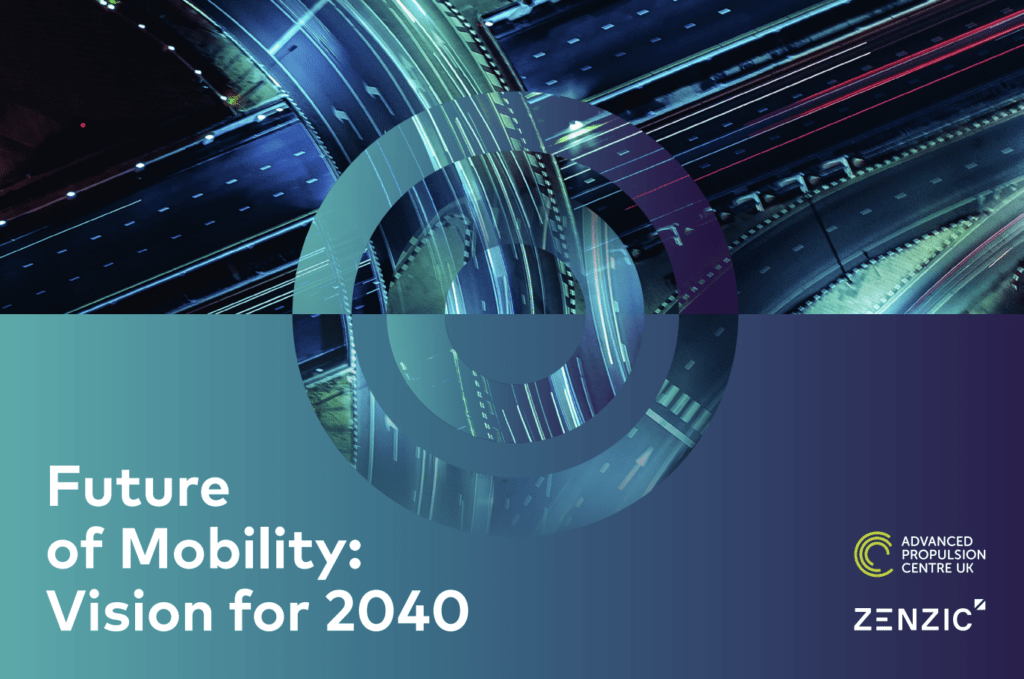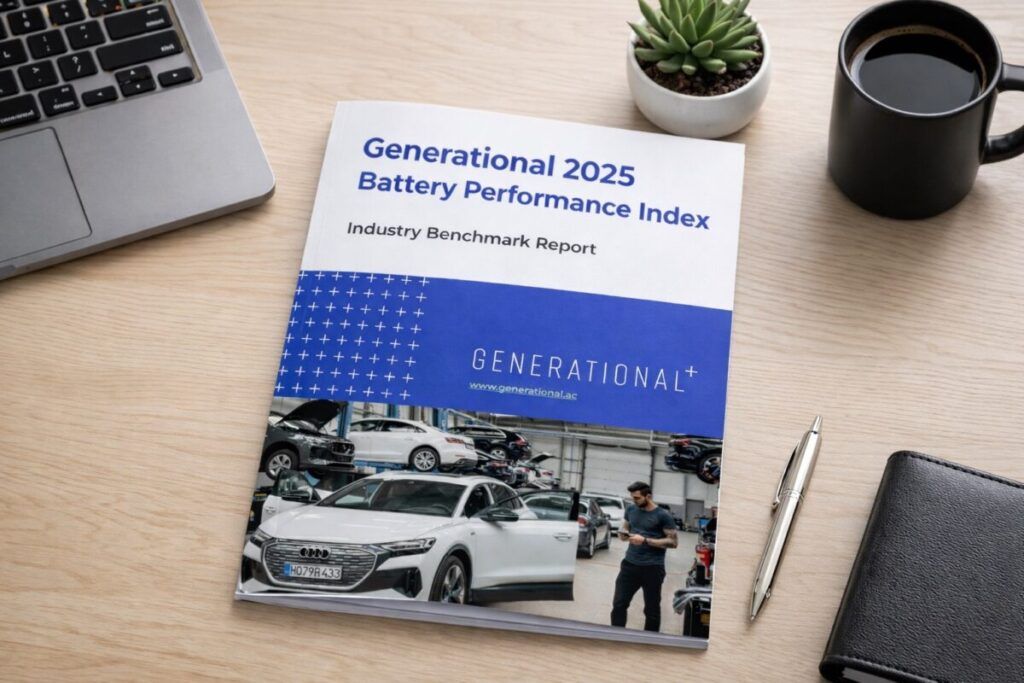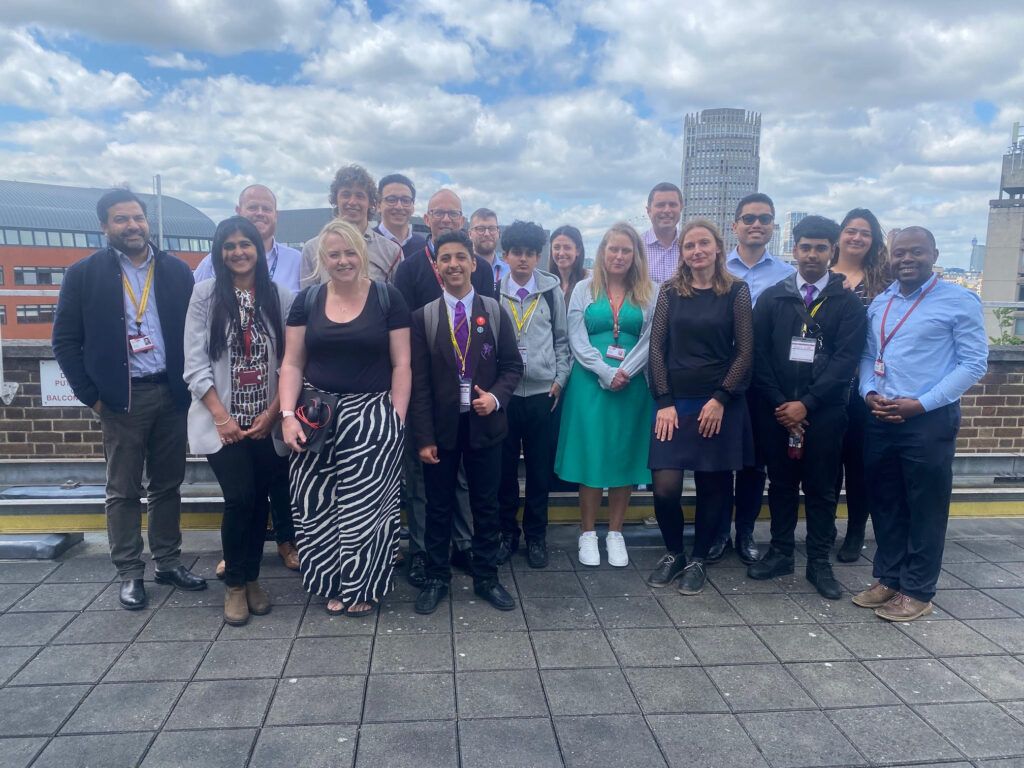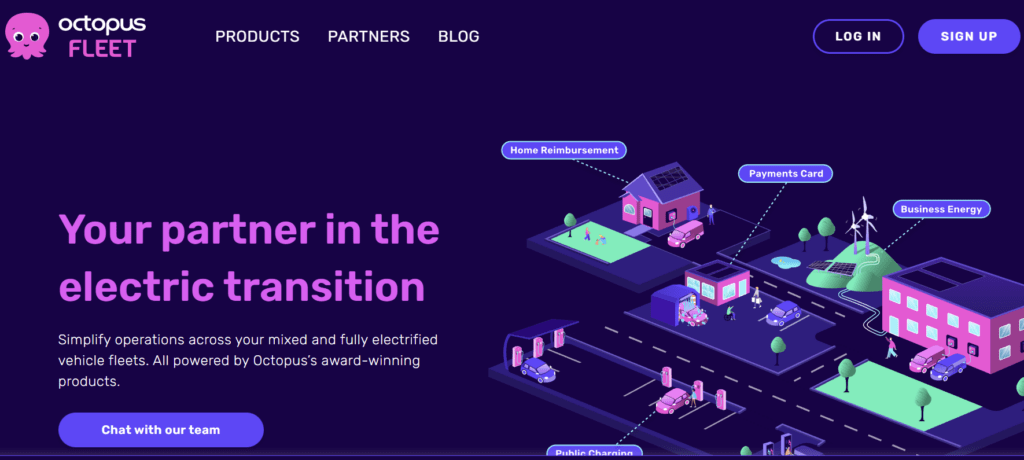More than three quarters of transport planners believe the UK is not likely to reach its carbon reduction targets on the current trajectory, new research has shown.
The research, conducted by engineering consultancy firm Buro Happold and the Transport Planning Society (TPS), was undertaken to coincide with Transport Planning Day. It shows that UK transport planners’ confidence that the UK will decarbonise transport quickly enough has fallen.
When asked ‘how important is reducing car reliance if we want to decarbonise the UK’s transport system?’ 69% of respondents said it was extremely important and 22% said somewhat important.
In pinpointing the measures needed to achieve this reduction in car usage, respondents wanted to see stronger linkages between linking public transport and cycling to new developments, alongside greater adoption of ‘vision-led planning’ under a reformed National Planning Policy Framework.
Other respondents highlighted the need to consider measures such as reduced fares on public transport and road user charging to redress the balance between car use and more sustainable forms of transport in the UK.
The main barriers to achieving a reduction in car usage were identified as ‘poor public transport’ and ‘ease of use for family transport’, followed by ‘a lack of safe and segregated infrastructure’.
Of the TPS members surveyed, 76% of respondents said they were extremely not confident (53%) or somewhat not confident (23%) that the sector is on course to reduce greenhouse gas emissions quickly enough to meet our decarbonisation commitments. 14% were confident. No respondents were very confident whilst 10% were neutral.
Commenting on the Government’s five key priorities to “move fast and fix things”, improved bus access and better integrated transport networks emerged as the top two priorities for transport planners across the UK.
TPS Chair, Ben Plowden, said:
“The new government is committed to decarbonisation and the UK becoming a “green energy superpower” and have made welcome commitments to delivering rail reform, significantly better bus services and “unprecedented” levels of funding in active travel.
“The forthcoming Integrated National Transport Strategy provides a great opportunity to “join up” all these improvements and support a shift to low- and no-carbon travel.”
Ed Downer, Associate at Buro Happold said:
“We’ve seen a lot of positivity and progress in other sectors such as energy and construction towards decarbonisation, but this feedback reflects a more sceptical viewpoint that we’ll make similar progress in decarbonising the transport sector.
“In order to deliver a decarbonised future, we need to be brave and lead by example. Whilst as a discipline, we are generally unified in our principles for reducing car reliance, we can do more to advocate and influence change in our day-to-day work, armed with new tools such as Triple Access Planning to navigate our way in this increasingly uncertain future.
“That being said, there is more to be done. This includes learning to both challenge the status quo and to listen more so we can better understand why car reliance is so widespread. It’s clear we need to change the narrative, collectively, to help deliver the decarbonised future we all need.”
Image from Shutterstock




